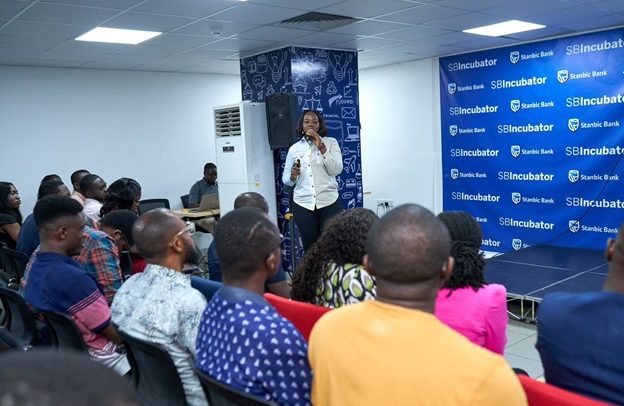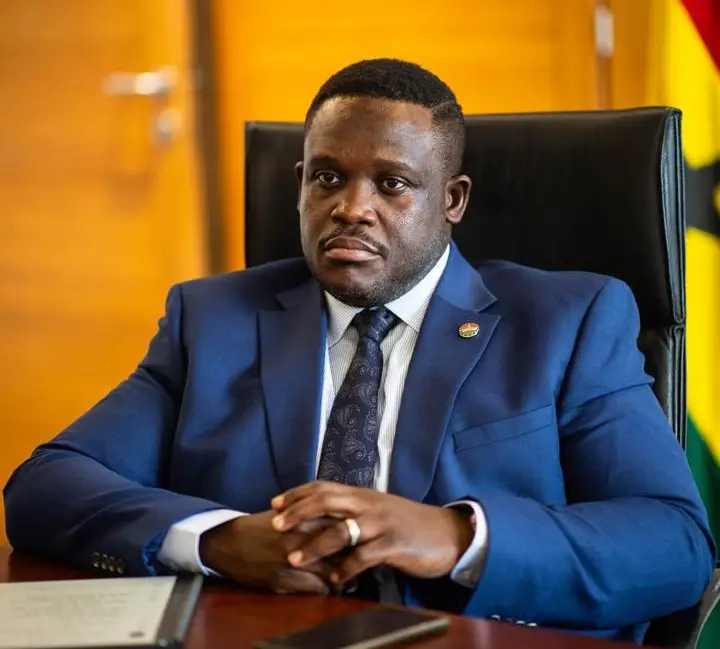

 The work of a consortium set up to fight illicit financial flows (IFFs) in Africa has slowed due to confusion, tension, institutional politicking around mandates and role of donor funding, a new report has found.
The work of a consortium set up to fight illicit financial flows (IFFs) in Africa has slowed due to confusion, tension, institutional politicking around mandates and role of donor funding, a new report has found.
The report comes ten years after the report by the African Union High Level Panel (AU HLP) on Illicit Financial Flows, chaired by former South African President, Thabo Mbeki.
According to the new report published today August 27, 2025, the work of the Consortium has slowed since 2022.
“This could be attributed to the unnecessary confusion, tension and institutional politicking around mandates, the intrusive and disturbing role of donor funding,” the report said, adding that the exit of crucial personalities from the leadership of Consortium member institutions, and the worsening capacity constraints of member institutions, have left the Consortium struggling to function efficiently and revive its activities.
Africa loses so much from illicit financial flows.
In a recent interview granted to Bloomberg news, the President of the African Development Bank (AfDB), Dr Akinwumi Adesina said corruption and illicit financial flows are costing Africa $580 billion every year.
According to estimates by the AfDB Africa loses about $1.6 billion daily to what it termed “financial leakages.”
Dr Adesina said the annual losses are undermining growth and worsening Africa’s nearly $2 trillion debt burden. He noted that the continent loses about $1.6 billion daily in “financial leakages,” including $90 billion in illicit financial flows, $275 billion through profit-shifting by multinationals, and $148 billion from corruption.
The report jointly published by the Coalition for Dialogue on Africa (CoDA) and the African Union High Level Panel on Illicit Financial Flows, noted that the African Financial Integrity and Accountability Support Project (AFIAP) emerged as the first anti IFFs project, under the auspices of the AU HLP and the Consortium to Stem IFFs.
The report indicated that it was initiated as a means of implementing the continental aspiration to streamline a consistent and coherent response to the scourge of IFFs in advocating for reforms of the global tax system and international financial institutions, it continues to struggle to achieve coherent and coordinated action against illicit financial flows.
The report titled: “Successes and Challenges of Implementing the Recommendations of the African Union High Level Panel on Illicit Financial Flows” noted that the required funding of $15 million for the Consortium’s work couldn’t be fully secured from the AfDB, only $8.4 million was received.
The report also stated that it took more than three years of negotiations before a Protocol of Agreement (PoA) for the project was signed between AfDB and CoDA, which hosts the AU HLP Secretariat, adding that structurally, the financing introduced a project with three components, two implementing agencies and two separate Project Implementing Teams (PIT).
However, the commitment to coherence at continental and global levels remained steadfast, the report said.
The Consortium meets annually, while members also meet on the sidelines of various international events.
The fact that the Consortium involves inter-governmental organisations, civil society organisations, professional associations, think tanks and legislative organs, made it well suited to promote the IFFs issue on multiple fronts. It has also enriched discussions and widened the scope of solutions proposed to reduce IFFs at continental level, the report said.
The report further notes that a key achievement of the Consortium was to push the agenda of IFFs forward at national, continental and global levels.
“The inclusion of IFFs in key global commitments such as the SDGs; continental evaluation systems such as the African Peer Review Mechanism (APRM) questionnaire; and in various national level policy instruments, would not have been possible without the relentless research, advocacy, training, capacity building and technical support efforts provided by the members of the Consortium,” the report acknowledged.
The report also credited the Consortium for being the central platform for Africa’s collaborative actions against IFFs between 2016 and 2022.
“It helped maintain the momentum built after the release of the AU HLP Report and kept the agenda alive,” the report added.
By Emmanuel K Dogbevi
The post Confusion, tension and internal politicking plague consortium set to fight Illicit financial flows in Africa – Report appeared first on Ghana Business News.
Read Full Story

























Facebook
Twitter
Pinterest
Instagram
Google+
YouTube
LinkedIn
RSS